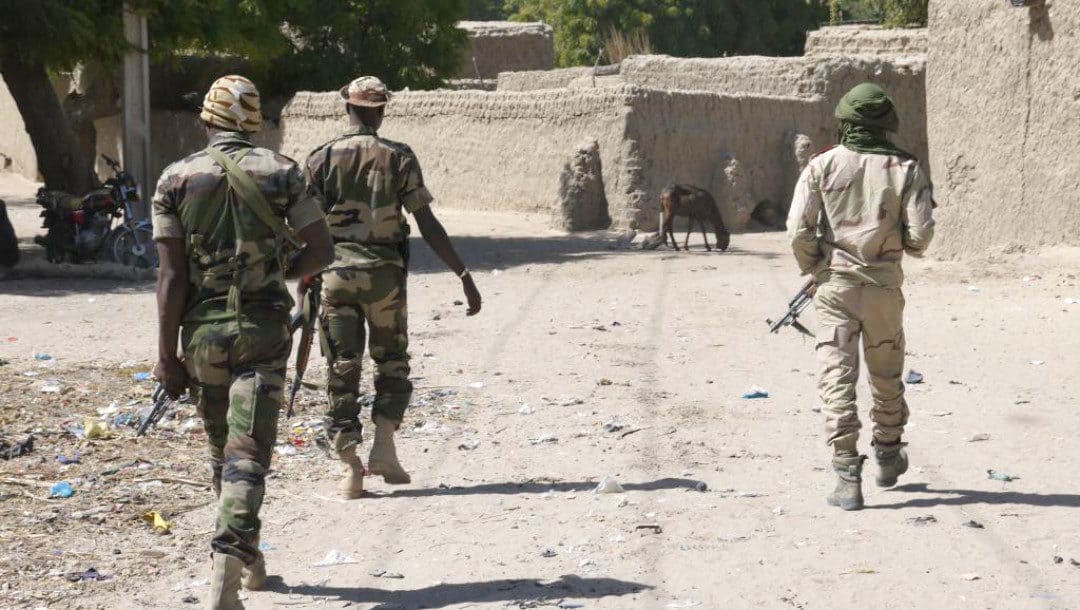The 2011 crisis: a mutiny in the army
Compaoré’s regime faltered for the first time during a mutiny in the army in April 2011. This mutiny was caused by two precursory events that provoked resentment in the ranks of the army in 2006 (425).
First, in January 2006, some retired soldiers demonstrated against their living conditions. They protested against retirement at age 40 in particular, which was considered too early an age for inactivity.
Secondly, very violent incidents broke out between the police and the army in the beginning of 2006. They followed a score-settling between policemen and soldiers that was caused by an attack on soldiers by policemen during a cultural event (426).
In such a climate of tension and frustration, corruption among army elites as well as the inadequacies of the recruitment process sowed the seeds of a growing lack of discipline within the army (427).
When Justin Zongo, a schoolboy, died on February 20th 2011 during a police interrogation in Koudougou, a wave of protests broke out among the youth in several cities, and a mutiny followed within the army (428).
On Friday 11th March 2011, the National Student Association of Burkina (ANEB) organized a march that aimed at handing over a declaration to the General Director of the National Police (DGPN) (429). This demonstration degenerated into a violent confrontation with the police. Some elements in the army took advantage of this crisis to launch a mutiny and committed serious acts of vandalism (430).
The mutiny spread to the whole country and created a climate of high insecurity (431). Indeed, when the mutiny broke out in 2011, soldiers refused to discuss with their superiors. However, there were talks between a group of soldiers and General Honoré Nabéré Traoré within the Sangoulé Lamizana military camp.
After several days of unrest in the course of which the mutineers plundered stores, blocked streets and raped several women and even nuns (432), the rebel forces were finally put down by the Regiment of Presidential Security (RSP). The last gunshots were fired in Bobo Dioulasso.
In order to deal with the crisis, Blaise Compaoré met numerous military leaders as well as low-ranking soldiers and decided to dismiss all the chiefs of staff except General Gilbert Diendéré, the Chief of Staff to the President of the Republic. Hundreds of soldiers were arrested and tried in 2012, and radical reforms were implemented within the army (433).
Besides, Blaise Compaoré met General Honoré Nabéré Traoré shortly after that to discuss the situation. General Honoré Traoré became the new Commander-in-chief of the Armed Forces, and from April 20, 2011, President Blaise Compaoré also held the office of Minister of Defence (434). Calm was restored once and for all in the ranks of the army after the decision to dismiss 566 mutineers was taken, 346 of which were brought to justice and imprisoned (435).
As to the Justin Zongo affair that had caused the 2011 crisis, three policemen were accused and tried on August 22, 2011. They were condemned to 8 and 10 years’ imprisonment (436).
General Honoré Traoré took power on October 31, 2014 (437). He was removed from office the day after by Lieutenant-Colonel Yacouba Isaac Zida, who proclaimed himself Transitional Head of State on November 1st, 2014 and thus became President of Faso (438).
